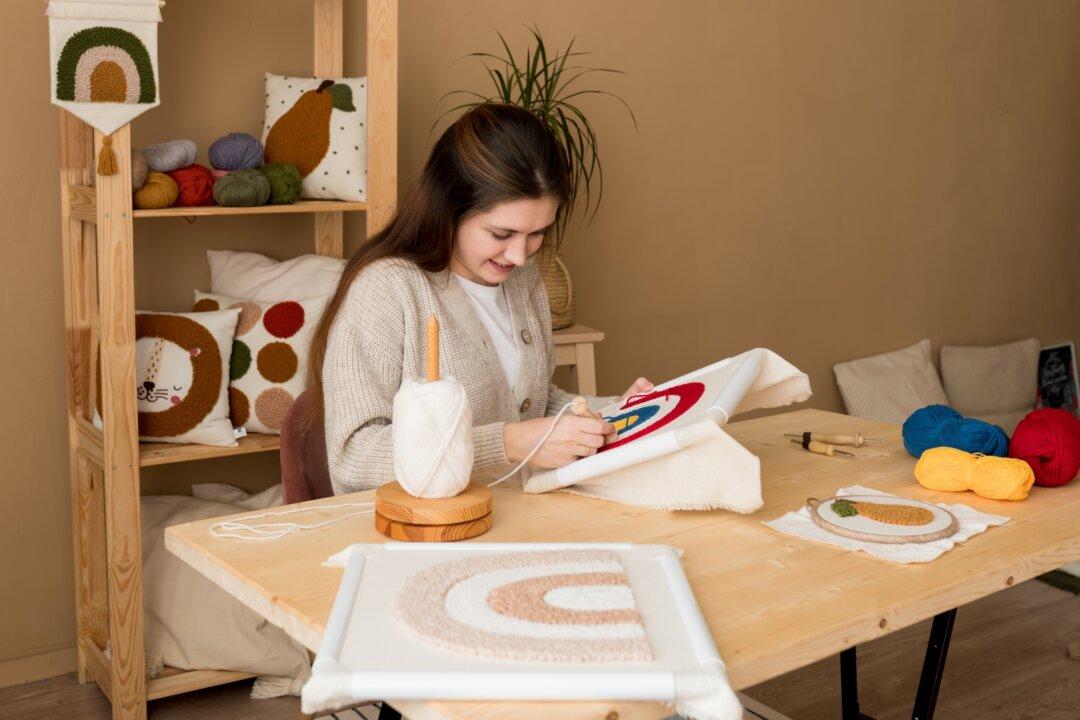Most places we look, our culture is promoting a model of “more.” Many of us live in a flourishing society, where financial growth, professional achievement, and material possessions are highly regarded—for obvious reasons.
We seek more spending to satisfy our constantly growing desire, more information so our minds are always stimulated, more novelty so we’re never bored, and more speed to maximize productivity and minimize downtime.






